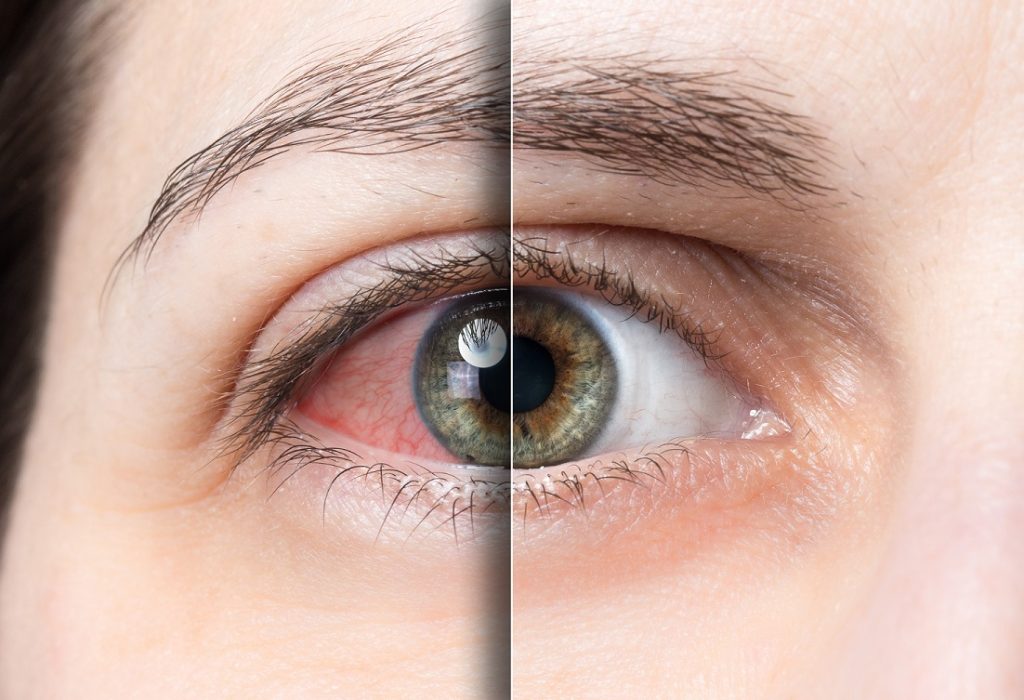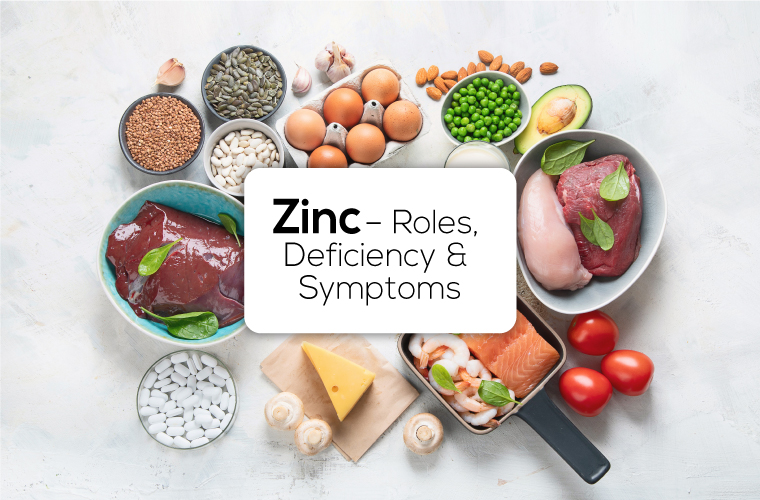Ever heard of the saying “Though it’s little, but it’s fierce”? Not sure of the context, but it fits well for a trace mineral like zinc. Being the second most abundant trace element in the body after iron, zinc plays a critical role in the normal functioning of the body. It is integrated with several enzyme systems in the body as well. Immunity, cell division, and reproduction are some of zinc’s most important biological functions. Considering its importance, the deficiency of Zinc is far more catastrophic than we imagine. Here’s a little rundown of the functions and deficiency symptoms of Zinc you should keep an eye out for.
Did you know?
*Unfortunately, the prevalence of zinc deficiency is very common in developing countries with 61% of the population at an increased risk of low dietary zinc intake.
Source – NCBI*
Functions of Zinc
Zinc is an important micromineral for the body. It supports the body’s day-to-day operations like:
1. Boosts your immunity
Zinc plays a central role in the immune system and its deficiency increases the susceptibility to a variety of pathogens and infections. Zinc is crucial for the normal development and function of immune cells such as lymphocytes and neutrophils that protect us from different kinds of infections. In different studies, it has been found that Zinc supplementation can also reduce the incidence of upper respiratory tract infections.

2. Helps in wound healing
Not to go overboard but referring to zinc as a kind of magic healer wouldn’t be an understatement. Zinc plays a major role in regulating every phase of the wound healing process from membrane repair to countering the damaging effect of oxidative stress.
3. Helps keep your eyes healthy
Evidence supports the role of Zinc with antioxidants for slowing the progression of age-related macular degeneration. Macular degeneration associated with age is a leading cause of visual loss. Zinc is thought to be beneficial due to its role in the metabolic function of several important enzymes in the retina.

Symptoms of Zinc deficiency
Symptoms of zinc deficiency cause loss of immunity, cell growth and a slowdown of metabolic activities. If we come to broadly divide the effects of zinc deficiency, they’d be:
1. Growth retardation
Zinc plays an important role in cell growth and differentiation. It is also essential for numerous metabolic activities required for normal growth. Thus, its deficiency may cause growth retardation. You may have to rely on zinc supplementation in such cases.
2. Frequent infections
Zinc plays a central role in the immune system, and its deficiency increases the susceptibility to a variety of pathogens and infections. Frequent infections are one of the main signs of zinc deficiency.
3. Alopecia
Alopecia is a disease that occurs when the immune system starts to attack hair follicles, resulting in rapid and frequent hair loss. Zinc deficiency has also been reported in patients with alopecia and its intake has been found to inhibit hair fall.
How to combat Zinc deficiency effectively?
According to the Indian Council of Medical Research, daily zinc intake of 12 mg for men and 10 mg for women is suitable to maintain appropriate levels of the trace millennial in the human body. Children of growing age (13 – 17 years) require 11-12 mg of zinc for maintaining growth.
P.S. if you are experiencing symptoms of zinc deficiency, fret not. Include these zinc rich foods in your diet:
- Pumpkin Seeds – 7.9 mg
- Cashews – 6.0 mg
- Flax Seeds – 4.3 mg
- Almonds – 3.0 mg
- Whole Wheat Flour – 2.9 mg
- Eggs – 1.4 mg
In conclusion
Although a trace mineral, zinc deficiency can cause serious and long-term issues in the body. Hence, it is all the more important to keep the A to Z in check. Zinc plays a critical role in the normal functioning of the body and is integrated with several enzyme systems. In order to maintain a healthy immune system, help wound healing, and slow progressive age-related vision impairment, one must ensure adequate intake of zinc in their daily diets.














